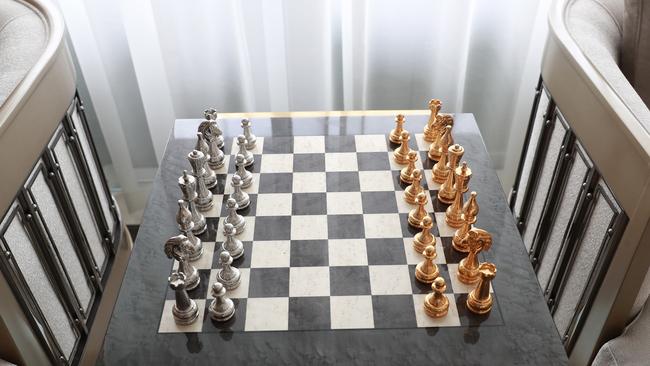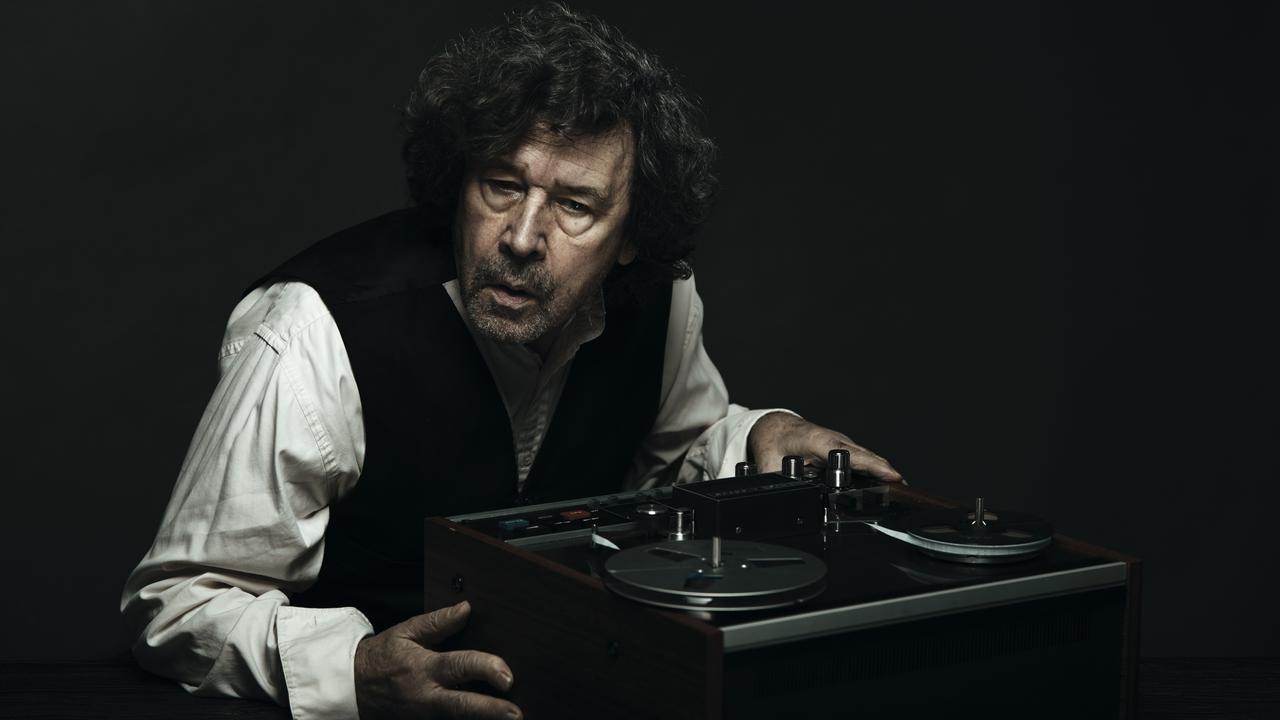
Here’s a question for you. What do poor people have, which rich people need and which if you eat it you die?
Go on. Think through the answer. It’s an Alzheimer’s delaying thought exercise. Keeps your brain nimble.
Answer? Nothing. Geddit? Poor people have nothing, rich people need nothing and if you eat nothing, you will die.
There is surely, in this acute and profound puzzle, a key to all the paradox of life.
Can you guess where it came from? Confucius? Buddha? G.K. Chesterton? No, it came from my grandson, Greg Jnr, age six. He knows about paradox. Recently we had a weekend together, and then shortly after he was also over at our house for a few days.
Most of our time was spent on a tense chess tutorial. He went from zero to hero in no time, picking up all the key dynamics. Demonstrating our family’s long tradition of preferring the concrete to the abstract, the practical to the theoretical, actual existing stuff to promised, imagined stuff, he also internalised the key objective: winning.
Jnr would make a good soldier. He wouldn’t think fancy dress morning teas were a soldier’s key job. He’d think it was winning wars.
In our first game, Jnr had a good adviser, namely, his opponent, also known as his granddad. He operated as a great defence minister might. He listened to the advice, then made up his own mind. His adviser didn’t necessarily think Jnr’s choices the wisest move in every circumstance. But guess what? As so often, the civilian politician was a superior strategist to his advisers. Jnr understood exactly where the centre of gravity lay in this contest, what the real incentives were for all the players. That is to say, due in part to highly creative tactics by his opponent, Jnr won the game as he was always confident that he would.
He greeted victory with the modesty becoming a great strategic master who has triumphed against a nominally better prepared foe, by shouting: “I’m so good!”
Jnr and I also played quite a bit of checkers, or draughts as we used to call them. Here, while he still certainly wanted to win, he seemed distracted by a subsidiary objective, securing as many kings as possible. His attitude to his opponent on this occasion reflected the immortal Paul Keating line to John Hewson: “I want to do you slowly. There’s gotta be a bit of sport in this for everyone.”
The splendid Netflix series, Queen’s Gambit, has served to greatly popularise chess for a new generation. That is surely and entirely a good thing. The particular neurological deformation that the ubiquity of screens in all their perversity inflicts on people of Jnr’s generation is an extremely short attention span unless there are garish, violent and rapid fire images always presented to the eye.
But Jnr had enough regard for his old granddad’s company that he was prepared to forego the familiar pleasures of PlayStation in order to triumph on the chess board. He would have been happy, theoretically, to whip me on the screen in some PS game of destruction too, and he wouldn’t have needed a technical adviser in that context. But my incompetence in this kind of warfare was so startling that even Jnr was willing to spare my blushes and allowed me to sit such games out.
Chess is a wonderful thing, full of intrigue, complexity and strategy, as well as symbolic violence and ruthless confrontation. And it allows Jnr to declare, accurately and with no irony, this profound truth: “I’m so good!”.



